Unveiling Pro Tips for Effective Car Maintenance
Publicado por Gavy Bell
Cuerpo
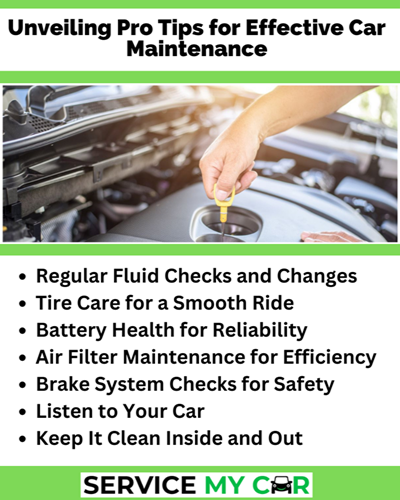
Maintaining your car goes beyond the occasional oil change or tire rotation. Effective car maintenance is the key to ensuring your vehicle’s longevity, performance, and safety on the road. In this comprehensive guide, we’ll unveil pro tips that go beyond the basics, helping you keep your ride in top-notch condition for years to come.
1. Regular Fluid Checks and Changes
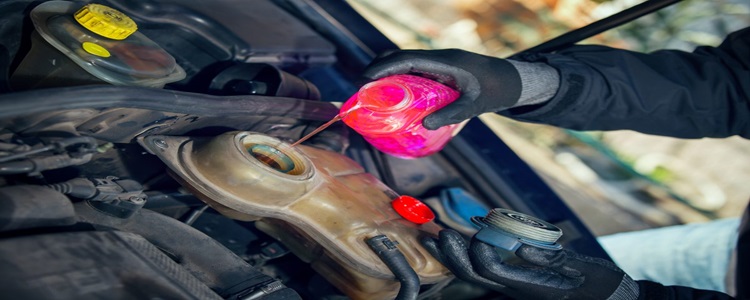
Fluids are the lifeblood of your car, and regular checks and changes are crucial for optimal performance. Engine oil, transmission fluid, brake fluid, and coolant all play vital roles in keeping your car running smoothly. Proactively check these fluids according to your vehicle’s maintenance schedule and top them up or replace them as needed. Clean and sufficient fluids contribute to efficient engine operation and prevent premature wear and tear.
2. Tire Care for a Smooth Ride
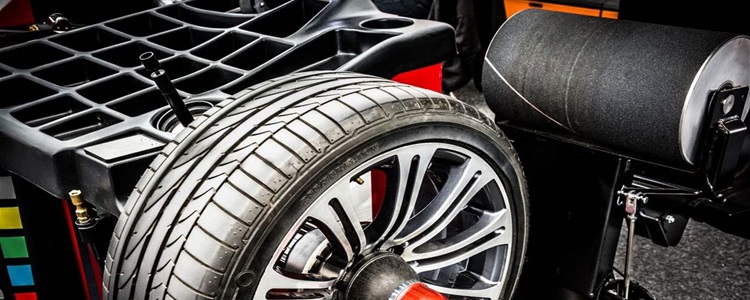
Tires are your car’s connection to the road, making tire care essential for both safety and performance. Regularly check tire pressure, rotate your tires at recommended intervals, and ensure proper wheel alignment. Underinflated or unevenly worn tires can lead to reduced fuel efficiency and compromised handling. Additionally, inspect the tread depth and replace tires when they become excessively worn. A well-maintained set of tires not only enhances safety but also contributes to a smoother and more comfortable ride.
3. Battery Health for Reliability
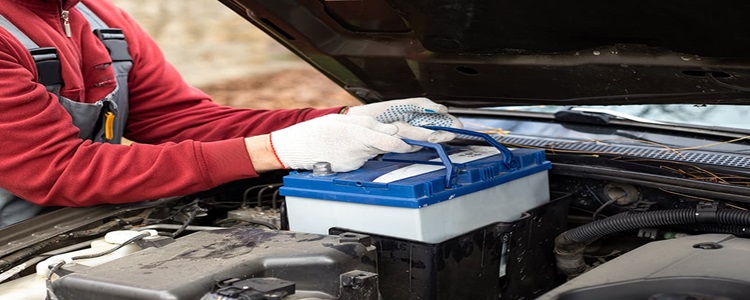
A reliable battery is crucial for a hassle-free driving experience. Check the battery terminals for corrosion, and clean them if necessary. If your car experiences difficulty starting, have the battery tested to ensure it’s holding a charge. Consider replacing the battery if it’s old or showing signs of weakness. Regularly driving your car helps keep the battery charged, so if your vehicle sits idle for extended periods, use a battery maintainer to prevent discharge.
4. Air Filter Maintenance for Efficiency
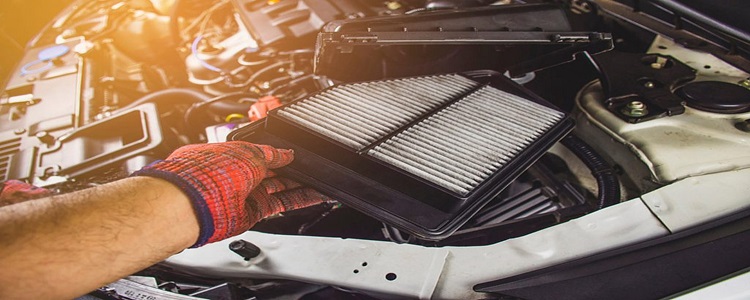
The air filter plays a vital role in your car’s engine performance by ensuring clean air reaches the combustion chamber. A clogged or dirty air filter can reduce fuel efficiency and hinder acceleration. Check your air filter regularly and replace it if it’s dirty. In dusty or polluted environments, more frequent replacements may be necessary. A clean air filter not only improves fuel economy but also extends the life of your engine.
5. Brake System Checks for Safety
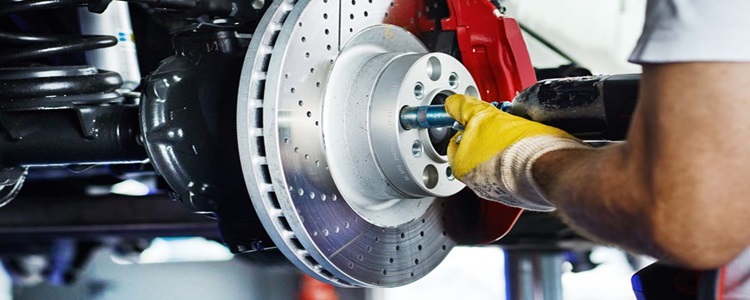
Ensuring your brakes are in optimal condition is non-negotiable for safety. Regularly inspect the brake pads, discs, and calipers for wear and tear. Listen for unusual sounds, such as squeaking or grinding, which could indicate brake issues. If you notice decreased braking performance or feel any vibrations while braking, have your brake system inspected promptly. Timely brake maintenance not only enhances safety but also prevents more costly repairs in the long run.
6. Scheduled Timing Belt Replacements
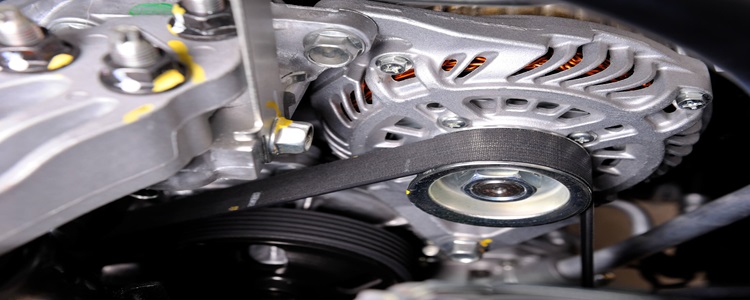
The timing belt is a critical component that synchronizes the engine’s camshaft and crankshaft. Over time, timing belts wear out, and a failure could lead to severe engine damage. Consult your car’s manual for the recommended timing belt replacement interval and adhere to it diligently. Replacing the timing belt at the prescribed interval is a proactive measure that safeguards your engine’s health and prevents costly repairs.
7. Cooling System Care for Engine Longevity
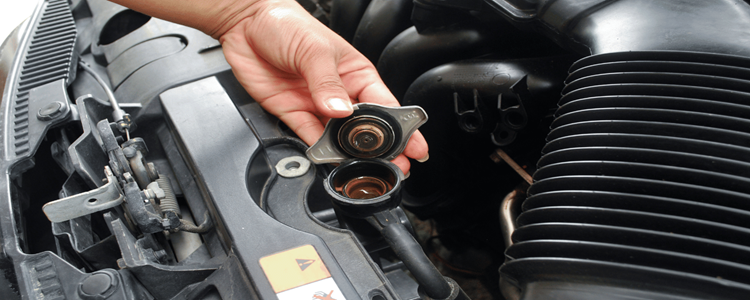
The cooling system is essential for regulating your engine’s temperature and preventing overheating. Regularly check the coolant level, inspect hoses for leaks, and ensure the radiator is functioning correctly. Follow the manufacturer’s recommendations for flushing and replacing the coolant. Over time, coolant loses its effectiveness, and neglecting this aspect of maintenance can lead to engine overheating and potential damage.
8. Professional Inspections for Peace of Mind
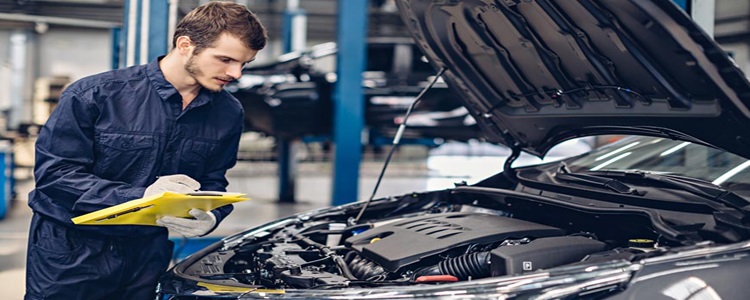
While many aspects of car maintenance can be performed by car owners, professional inspections are invaluable. Schedule regular check-ups with a qualified mechanic who can conduct comprehensive assessments of your vehicle’s health. Professional inspections can uncover issues that may not be apparent to the untrained eye, providing you with peace of mind and preventing minor problems from escalating into major repairs.
9. Listen to Your Car

Your car often provides subtle clues about its health through sounds, smells, and sensations. Pay attention to any unusual noises, such as squeaks, rattles, or thuds. Unusual odors, such as burning or a strong gasoline smell, should also be investigated. Vibrations or changes in steering responsiveness can indicate issues with the suspension or alignment. Listening to your car and addressing unusual signs promptly can help catch potential problems before they escalate.
10. Keep It Clean Inside and Out
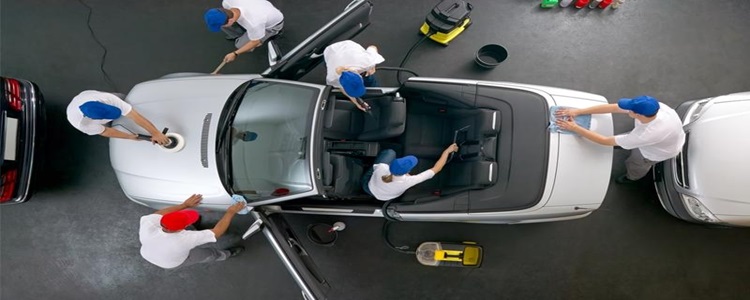
While it may seem more about aesthetics, keeping your car clean is an integral part of maintenance. Regularly wash and wax the exterior to protect the paint from the elements. Clean the interior to prevent the accumulation of dirt and debris, which can contribute to wear and tear. Vacuuming and protecting the upholstery and dashboard can enhance your driving experience and maintain the value of your vehicle.
Thanks for giving your valuable time to read this blog, If you are having a car and wondering, how to find the nearest car recovery workshop to get the car breakdown recovery? Open google type car recovery near me and you will find Service My Car website on the top of serp to get the best car breakdown recovery in the town.
In conclusion, effective car maintenance involves a combination of proactive measures, regular checks, and a keen awareness of your vehicle’s condition. By incorporating these pro tips into your routine, you not only ensure the longevity and reliability of your car but also enjoy a safer and more enjoyable driving experience. Regular maintenance is an investment that pays off in the form of fewer repairs, enhanced fuel efficiency, and a smoother ride for every mile ahead.









Comentarios